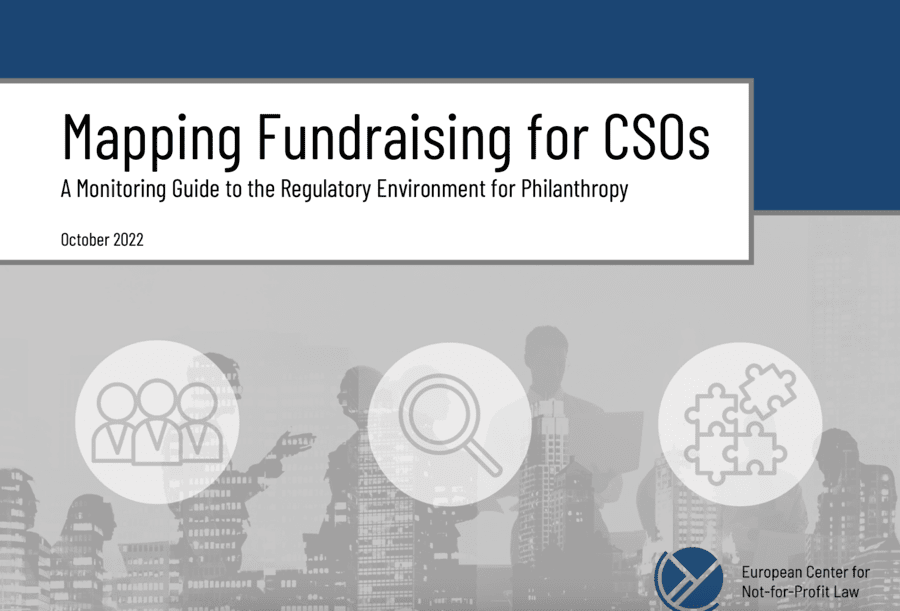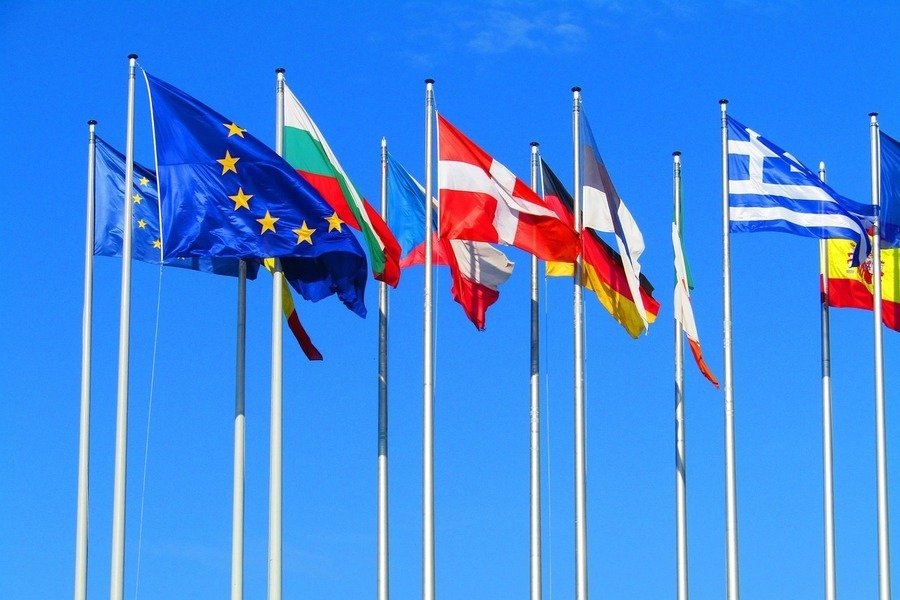
ECNL publishes guide to help CSOs map their regulatory environment
December 7, 2022
EFA forms Public Affairs Working Group
January 13, 2023Negotiations in Brussels may be reaching their conclusion but one crucial element that could have a significant impact on nonprofits has yet to be resolved, says our Brussels correspondent Patrick Gibbels in this month’s update.
On more than one occasion, I have written in Fundraising Europe about the new e-Privacy Regulation, currently in the negotiation procedure inside the EU institutions. As negotiations in Brussels on the new e-Privacy Regulation near conclusion, a crucial element that may adversely affect the daily work of the fundraising community has still not been resolved.
As outlined in previous articles, the e-Privacy Regulation primarily aims to protect EU citizens from data abuse and privacy violations by large tech companies. Whilst such protection is, in principle, something EFA can support, there is a real danger for the fundraising community to become collateral damage in the EU’s battle against big tech.
Specifically, the EU proposes a prefix to be given to all organisations engaging in direct marketing, which includes telephone outreach campaigns. Whist this does not necessarily pose a problem, there is a complicating factor as the Institutions are also looking to give Telecom operators the option to offer blanket-blocks of said prefixes to their customers, making it impossible for these numbers to call them. This would essentially mean that donors or potential donors who have given their explicit consent to be contacted, could effectively no longer be contacted if they opt to make use of the blanket block of numbers carrying the prefix. In other words, the technical act of blocking these numbers, overrules the legal consent given by the donor.
There have been attempts to exempt fundraisers and other NGOs from this potential new rule but, judging by the latest negotiation documents – as seen by EFA – recital 32 still states:
“The concept of to direct marketing communications should not only cover the directly and individually addressed or received advertising of products and services for commercial purposes, but also include direct marketing communications that are sent by political parties or non-profit organisations to natural persons via publicly available electronic communications services in order to promote their parties.”
This would mean that EFA and its members would fall within the full scope of the proposal for an e-Privacy Regulation. EFA will formulate a message to share with the European Parliament. We would encourage you to reach out to your Member(s) of the European Parliament to warn them against the dangers of such a measure.

Patrick Gibbels, Gibbels Public Affairs
About Patrick Gibbels
Patrick is EFA’s public affairs columnist in Brussels.
He is the director of Gibbels Public Affairs.
Follow Patrick @GPA_Brussels.
Read more from Patrick in our View from Brussels column here.
Main image by Towfiqu barbhuiya on Unsplash




